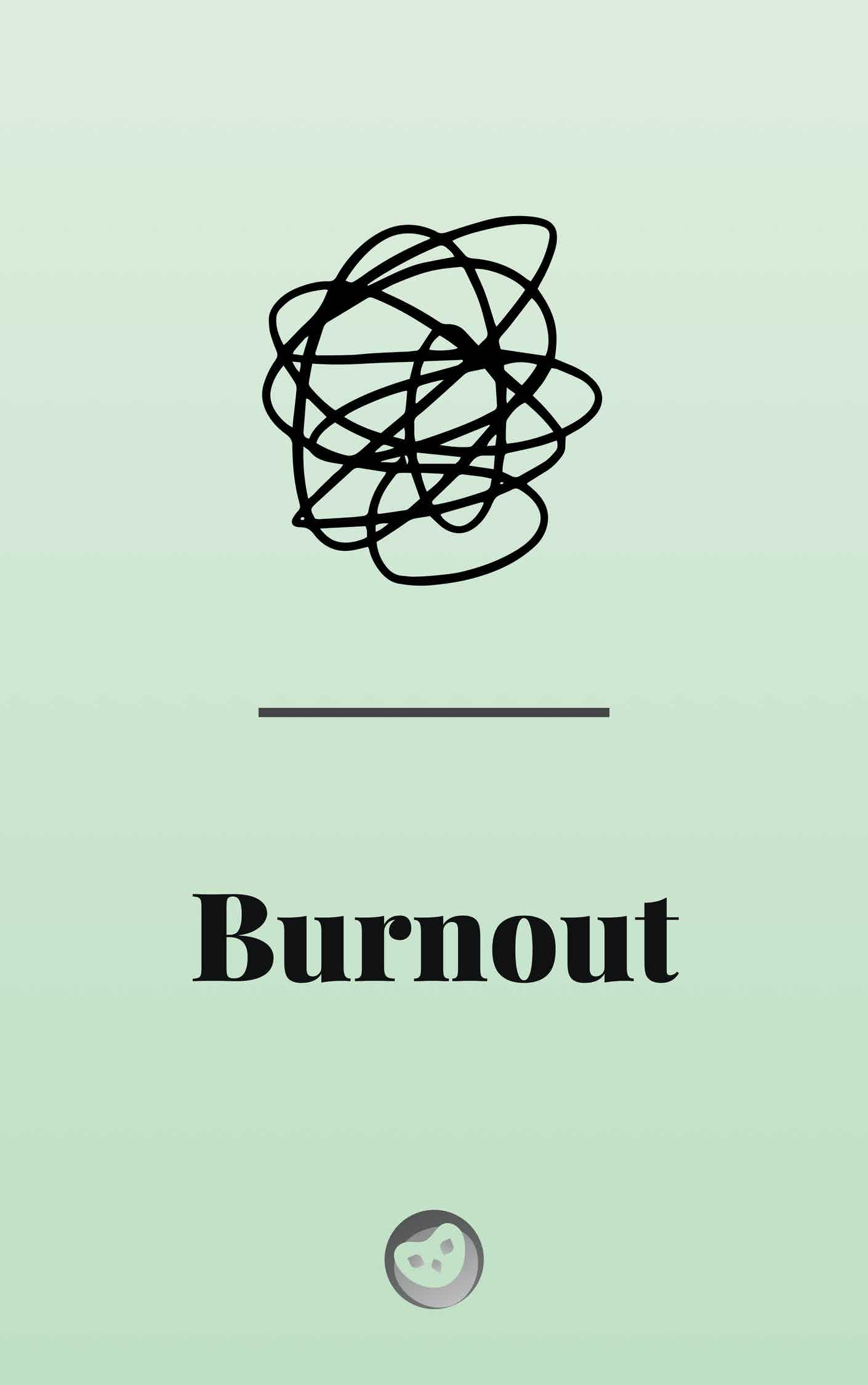Saturday Blueprint on the Principal-Agent Problem
Builders as an example of the principal-agent problem. The mindfulness singularity - where all we have is this present moment.

Hi 👋. Here is this week's Saturday Blueprint.
🤔 Quote I’m thinking about
Above all, do not lose your desire to walk: Every day I walk myself into a state of well-being and walk away from every illness; I have walked myself into my best thoughts and I know of no thought so burdensome that one cannot walk away from it. — Soren Kierkegaard (Danish philosopher)
Keep on walking…
🪙 Principal-Agent Problem
It’s hard to get other people to act in the way you want them to act. It’s hard to get them to care like you care. This is because other people (the “agents”) often have different motivations and incentives to you (the “principal”). This dilemma is called the Principal-Agent Problem, and it's nothing new.
If you want a thing done well, do it yourself. — Napoleon Bonaparte
A recent personal example is a struggle I’m having with builders. I’ve had niggles and snags with door locks that don’t lock, tiles that are not seated correctly, a window that didn’t shut properly. Poor quality. Poor attention to detail. But this is a reflection of the different motivations. From the builders point of view (the “agent”) their motivation is to get the job done as quickly and cheaply as possible to a standard they can just about get away with. For me (the “principal”) I’m paying a fixed price and I want to get good quality. We have a difference of motivations and a difference of incentives. This can only lead to a dissonance in outcomes.
So what to do? Well once I got through the fixed price building work, after much stress and difficulties in agreeing the snags, I went to a day rate. This will get me the right quality right? Since I can better direct and can insist at my cost to get to the quality I want. This did work for a time, but then the builder has no incentive to finish and so they get slower and slower and the renovation gets drawn out (and expensive!). I’ve changed the terms of engagement but the underlying difference in motivations between the principal and the agent still remained. And so I still end up not getting what I want, and coming away dissatisfied.
Of course not only does this frustrate me endlessly but it also makes me dislike all builders (and perhaps even all people in general 🤔).
So do I need to go all Napoleon and just do everything myself?! Is every human inherently out to screw me over? No, of course not. It’s just about getting some perspective and recognising that this is just human psychology 101.
I need to think about how to align motivations. And the best (only?) way I can think of to do that is with the right incentives.
Motivation is driven by incentives. Yes, you can set clear expectations. But it’s incentives (and this includes the flip side of disincentives too) that really motivate. The biggest and boldest incentive is having skin in the game. Having skin in the game means you can’t sidestep the outcome - it’s your skin on the line. Getting the agent to have skin in the game means they have to own the outcome. There are invested just like the principal is invested. There is an alignment in motivations.
To me, the principal-agent problem is the single most fundamental problem in microeconomics. If you do not understand the principal-agent problem, you will not know how to navigate your way through the world. It is important if you want to build a successful company or be successful in your dealings. — Naval Ravikant
What’s the take away then? That incentives are everything. Always think about incentives and how to leverage skin in the game.
And think wider than money - incentives can also include status, meaning, autonomy, perks.
Show me the incentive and I will show you the outcome — Charlie Munger
And of course it’s also a reminder that people are harder work than you first might think, so save some energy and mental margin to cope with that stress! I won’t be undertaking major building work at home any time soon, I need a break! It has been great practice for Stoicism however. And I've had to go hard with the cold showers too!

🕳 The Mindfulness Singularity
Mindfulness is a contraction to the smallest instance of consciousness - this present moment.
The whole practice of mindfulness is to practice witnessing the present moment. Witnessing the spontaneous thoughts that pop into consciousness. To recognise that you’re not in control of those emergent thoughts, they just appear.
Mindfulness is not something that should be confined to the vacuum of a meditation cushion, but can be taken into all your life. So that as you go about your day you can be more present, more aware.
We are never so wise as when we live in this moment.
Paul Kalanithi, When Breath Becomes Air
Why does the present moment matter? Well, think about what you’re grateful for. You might say you’re grateful for your health. But your health will one day fail, and then what? Will there be anything left to be grateful for? You might say you’re grateful for the beauty in the world. But what if the beauty spoils or your sight becomes blurry. Then what? You might say you’re grateful for your family, but that too will be gone. Everything shall pass. It’s inevitable.
The natural contraction is to be fully grateful for this present moment. It’s all you have and all you may ever be sure you will have.
Happiness is a choice to remain in the present moment. – Naval Ravikant
Fears, regret, worries, jealousy - all these negative emotions are rooted in the past or the future. Remaining is the present means these have no power over you. And that’s happiness.
Mindfulness then is the contraction to a singularity of the present moment. And like in physics, a singularity doesn’t imply inconsequence, and instead is a universe on a pin head.
And so I’ll end with this to ponder: is the present moment even a moment? Why would anyone choose to look at this vast sky through a straw?

💍 Cool finds
A quick list of things I've read or found this week that I want to share.

A complete guide to burnout - what it is, how to avoid it, how to recover if you’ve been affected by burnout.
It’s a pleasure writing to you. Have a great week. 😊
Nick
About the Saturday Blueprint
The Saturday Blueprint is a weekly newsletter every Saturday on health, vitality and philosophy by Nick Stevens.
Join the Facebook page to interact with the community.
